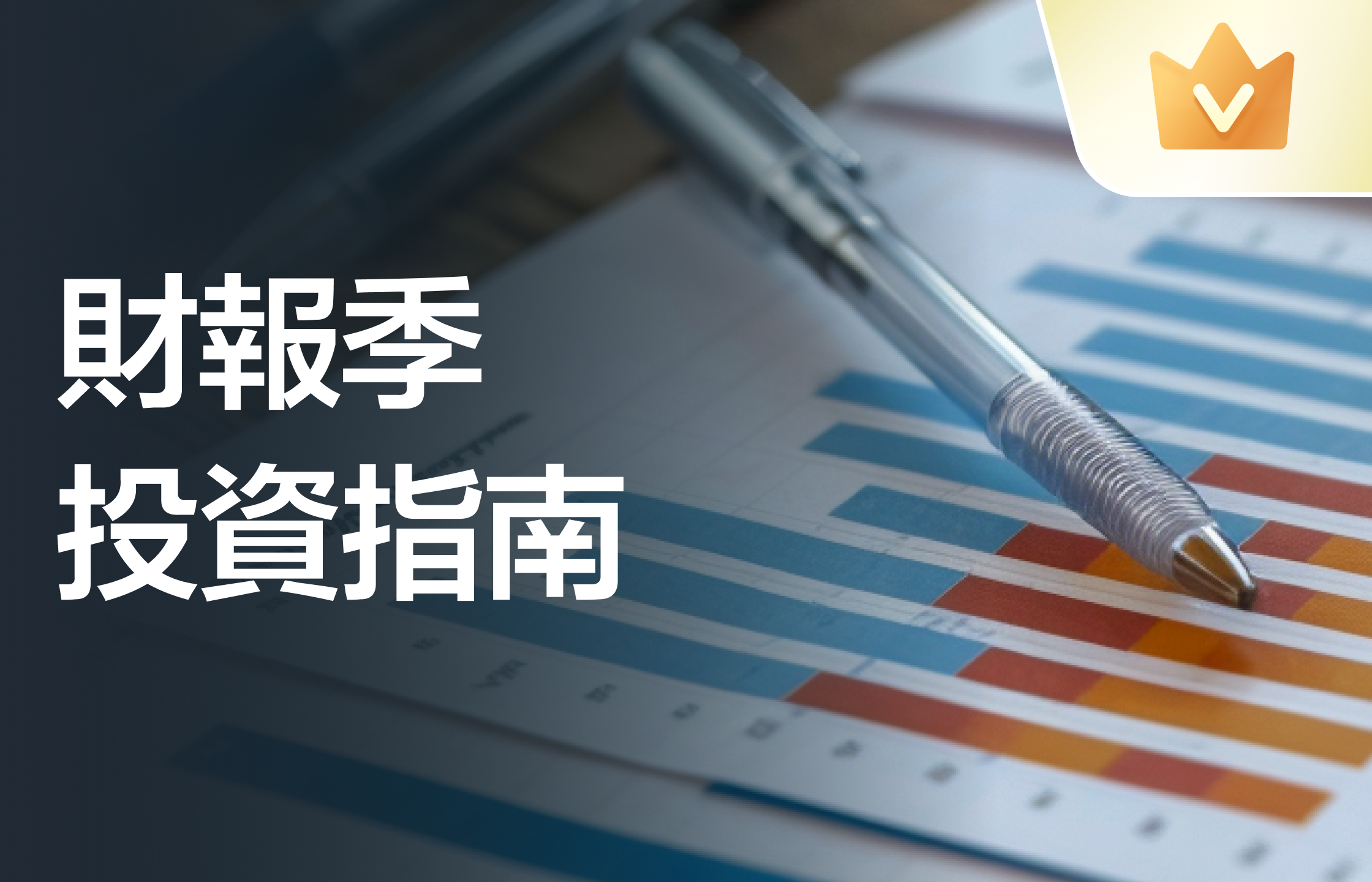①高盛和德意志银行先后发布研报,指出中国市场在中期拥有强大潜能,将继续创造牛市;②两投行报告都指出,Deepseek的出现是催化中国股票市场向好的重要因素,并建议投资者增加中国资产配置。
华尔街两大投行在经历了来自中国的Deepseek震撼后,先后对中国市场更新了评级。周二,高盛率先在研报中强调,今年MSCI中国指数有14%的上涨潜力,隔天,德意志银行也加入唱多行列。
MSCI中国指数目前约为66点。高盛预期在中性预期下,该指数今年有14%的涨幅至75点,乐观预期下该涨幅则将飙升至28%。
 德意志银行在其最新报告中则加码称,Deepseek是人工智能的“斯普特尼克时刻”,但更像是中国的“斯普特尼克时刻”,因为其证明了中国知识产权的价值。中国在高附加值领域的优势和供应链中的主导地位正在以前所未有的速度扩张。
德意志银行在其最新报告中则加码称,Deepseek是人工智能的“斯普特尼克时刻”,但更像是中国的“斯普特尼克时刻”,因为其证明了中国知识产权的价值。中国在高附加值领域的优势和供应链中的主导地位正在以前所未有的速度扩张。
斯普特尼克是指1957年苏联成功发射斯普特尼克1号人造卫星,一举击败美国率先进入太空。
德银报告指出:
“2025年应该是投资界意识到中国在全球竞争中领先的一年。他们越来越难地不去承认,中国企业在多个制造和服务业领域提供高性价比和优质产品。”
德银预计中国股票的“估值折价”将消失,盈利能力可能因消费支持政策和金融自由化而超出预期。德银因此预计中国A股和港股将可能继续走牛,并消化估值过低的这一现状。
今年中国资产表现将超越其他地区。A股和港股的牛市已自2024年开始,中期将超过此前高点。
高盛更为看好中国的科技股标的。高盛认为,更加光明的增长前景和技术突破将带来巨大的生产力提升,有助于缩小美国与中国科技股或半导体股票之间高达66%的估值差距。
图中黑线反映了中国软科技股PE数值变动,灰线反映中国硬科技股PE值,蓝线为美股七大科技股的PE值
高盛认为,这意味着,中国科技股在被重新估值后有20%的收益机会,软科技领域的股票将更加领先市场,整体中国股票市场的增长则可能高达7%。
未来成长动力
总结高盛和德银的两份报告,中国市场未来的发展动力颇为充足。政策上,去年9月开始,中国财政政策已经转向宽松,为股市上涨提供了基础。
高盛强调,目前中国的政策周期已经从预期过渡到实施阶段,细节和行动是接下来稳定增长和支持企业盈利的关键要素,并将推动股市进一步上涨。
此外,中国的制造业在全球有着不可撼动的优势,其在前沿技术、专利数量、工业集群及人才方面有着丰厚的资源储备,且在电动车、人工智能、5G及6G电信设备领域上且已具备一定规模,进一步稳定了中国资本市场的价值基础。
除了政策和制造业方面的优势,中国还通过一带一路倡议打开了出口的新市场增长潜能,中亚、西亚、中东都是中国未来商品及服务出口的巨大商机。再加上逐渐被唤醒的内需潜力,过去四年增加的10万亿美元储蓄将有力推动中国的消费和资本市场发展。
![来源:高盛报告,中国家庭储蓄增长趋势,红线为增速]() 来源:高盛报告,中国家庭储蓄增长趋势,红线为增速
来源:高盛报告,中国家庭储蓄增长趋势,红线为增速而谈到目前市场最为担忧的中美贸易战,德银与高盛也表现出意外的乐观。
高盛指出,如果美国总统特朗普如约对中国课征高达60%的关税,那么MSCI中国指数成份股的业绩将减少21%;但如果中美能够达成协议,那么该指数的市盈率在基准情境下将扩大至12,意味着市值上涨14%。
德银进一步强调,中美贸易战之间的现实远比想象要乐观许多,因为特朗普政府更看重战术上的胜利,因此他会设定一个严格的止损金额。
德银预计,Deepseek的出现也将打击特朗普遏制中国的信念,所以美国政府可能会在长时间的讨论后促使贸易政策回归更经典的共和党立场,以降低监管、廉价能源和相对较低的中间产品进口壁垒来刺激商业。总的来说,在美国中期选举之前,其立场可能会变得更利于贸易。
德银还强调,目前MSCI中国指数的交易价格比全球指数都低,且接近其估值范围的低端,而随着中国企业在全球的扩张,这种估值折扣将在某个时刻回归为溢价,并迫使投资者在中期内不得不迅速转向中国,这将难以在不抬高股价的前提下买到中国股票的情况。
![注:德银报告 红线为MSCI中国的PE值,蓝线为MSCI全球指数的PE,绿线为MSCI全球的溢价值]() 注:德银报告 红线为MSCI中国的PE值,蓝线为MSCI全球指数的PE,绿线为MSCI全球的溢价值
注:德银报告 红线为MSCI中国的PE值,蓝线为MSCI全球指数的PE,绿线为MSCI全球的溢价值编辑/new
①高盛和德意志銀行先後發佈研報,指出中國市場在中期擁有強大潛能,將繼續創造牛市;②兩投行報告都指出,Deepseek的出現是催化中國股票市場向好的重要因素,並建議投資者增加中國資產配置。
華爾街兩大投行在經歷了來自中國的Deepseek震撼後,先後對中國市場更新了評級。週二,高盛率先在研報中強調,今年MSCI中國指數有14%的上漲潛力,隔天,德意志銀行也加入唱好行列。
MSCI中國指數目前約爲66點。高盛預期在中性預期下,該指數今年有14%的漲幅至75點,樂觀預期下該漲幅則將飆升至28%。
 德意志銀行在其最新報告中則加碼稱,Deepseek是人工智能的「斯普特尼克時刻」,但更像是中國的「斯普特尼克時刻」,因爲其證明了中國知識產權的價值。中國在高附加值領域的優勢和供應鏈中的主導地位正在以前所未有的速度擴張。
德意志銀行在其最新報告中則加碼稱,Deepseek是人工智能的「斯普特尼克時刻」,但更像是中國的「斯普特尼克時刻」,因爲其證明了中國知識產權的價值。中國在高附加值領域的優勢和供應鏈中的主導地位正在以前所未有的速度擴張。
斯普特尼克是指1957年蘇聯成功發射斯普特尼克1號人造衛星,一舉擊敗美國率先進入太空。
德銀報告指出:
「2025年應該是投資界意識到中國在全球競爭中領先的一年。他們越來越難地不去承認,中國企業在多個製造和服務業領域提供高性價比和優質產品。」
德銀預計中國股票的「估值折價」將消失,盈利能力可能因消費支持政策和金融自由化而超出預期。德銀因此預計中國A股和港股將可能繼續走牛,並消化估值過低的這一現狀。
今年中國資產表現將超越其他地區。A股和港股的牛市已自2024年開始,中期將超過此前高點。
高盛更爲看好中國的科技股標的。高盛認爲,更加光明的增長前景和技術突破將帶來巨大的生產力提升,有助於縮小美國與中國科技股或半導體股票之間高達66%的估值差距。
圖中黑線反映了中國軟科技股PE數值變動,灰線反映中國硬科技股PE值,藍線爲美股七大科技股的PE值
高盛認爲,這意味着,中國科技股在被重新估值後有20%的收益機會,軟科技領域的股票將更加領先市場,整體中國股票市場的增長則可能高達7%。
未來成長動力
總結高盛和德銀的兩份報告,中國市場未來的發展動力頗爲充足。政策上,去年9月開始,中國財政政策已經轉向寬鬆,爲股市上漲提供了基礎。
高盛強調,目前中國的政策週期已經從預期過渡到實施階段,細節和行動是接下來穩定增長和支持企業盈利的關鍵要素,並將推動股市進一步上漲。
此外,中國的製造業在全球有着不可撼動的優勢,其在前沿技術、專利數量、工業集群及人才方面有着豐厚的資源儲備,且在電動車、人工智能、5G及6G電信設備領域上且已具備一定規模,進一步穩定了中國資本市場的價值基礎。
除了政策和製造業方面的優勢,中國還通過一帶一路倡議打開了出口的新市場增長潛能,中亞、西亞、中東都是中國未來商品及服務出口的巨大商機。再加上逐漸被喚醒的內需潛力,過去四年增加的10萬億美元儲蓄將有力推動中國的消費和資本市場發展。
![來源:高盛報告,中國家庭儲蓄增長趨勢,紅線爲增速]() 來源:高盛報告,中國家庭儲蓄增長趨勢,紅線爲增速
來源:高盛報告,中國家庭儲蓄增長趨勢,紅線爲增速而談到目前市場最爲擔憂的中美貿易戰,德銀與高盛也表現出意外的樂觀。
高盛指出,如果美國總統特朗普如約對中國課徵高達60%的關稅,那麼MSCI中國指數成份股的業績將減少21%;但如果中美能夠達成協議,那麼該指數的市盈率在基準情境下將擴大至12,意味着市值上漲14%。
德銀進一步強調,中美貿易戰之間的現實遠比想象要樂觀許多,因爲特朗普政府更看重戰術上的勝利,因此他會設定一個嚴格的止損金額。
德銀預計,Deepseek的出現也將打擊特朗普遏制中國的信念,所以美國政府可能會在長時間的討論後促使貿易政策回歸更經典的共和黨立場,以降低監管、廉價能源和相對較低的中間產品進口壁壘來刺激商業。總的來說,在美國中期選舉之前,其立場可能會變得更利於貿易。
德銀還強調,目前MSCI中國指數的交易價格比全球指數都低,且接近其估值範圍的低端,而隨着中國企業在全球的擴張,這種估值折扣將在某個時刻回歸爲溢價,並迫使投資者在中期內不得不迅速轉向中國,這將難以在不抬高股價的前提下買到中國股票的情況。
![注:德銀報告 紅線爲MSCI中國的PE值,藍線爲MSCI全球指數的PE,綠線爲MSCI全球的溢價值]() 注:德銀報告 紅線爲MSCI中國的PE值,藍線爲MSCI全球指數的PE,綠線爲MSCI全球的溢價值
注:德銀報告 紅線爲MSCI中國的PE值,藍線爲MSCI全球指數的PE,綠線爲MSCI全球的溢價值編輯/new

 德意志銀行在其最新報告中則加碼稱,Deepseek是人工智能的「斯普特尼克時刻」,但更像是中國的「斯普特尼克時刻」,因爲其證明了中國知識產權的價值。中國在高附加值領域的優勢和供應鏈中的主導地位正在以前所未有的速度擴張。
德意志銀行在其最新報告中則加碼稱,Deepseek是人工智能的「斯普特尼克時刻」,但更像是中國的「斯普特尼克時刻」,因爲其證明了中國知識產權的價值。中國在高附加值領域的優勢和供應鏈中的主導地位正在以前所未有的速度擴張。




 德意志银行在其最新报告中则加码称,Deepseek是人工智能的“斯普特尼克时刻”,但更像是中国的“斯普特尼克时刻”,因为其证明了中国知识产权的价值。中国在高附加值领域的优势和供应链中的主导地位正在以前所未有的速度扩张。
德意志银行在其最新报告中则加码称,Deepseek是人工智能的“斯普特尼克时刻”,但更像是中国的“斯普特尼克时刻”,因为其证明了中国知识产权的价值。中国在高附加值领域的优势和供应链中的主导地位正在以前所未有的速度扩张。